This episode talks about the important topic of protecting student privacy online and why you should take it seriously. Digital privacy is a crucial part of serving our students and clients, especially now that digital tools are more common than ever. As SLPs and educators, we need to use these tools safely and responsibly.
The topic of digital privacy isn’t necessarily the most fun, but it’s a crucial part of serving our students and clients, especially now that digital tools are more common than ever. I’m passionate about these tools, and I’m also passionate about using them safely and responsibly, so I am really looking forward to today’s episode.
Let’s begin with a very unique historical period when it comes to protecting student privacy online. When the whole world first went into emergency quarantine at the beginning of the COVID-19 pandemic, school districts were forced to transition to online learning practically overnight.
This meant that they had to work quickly to adopt technological tools to make this transition possible, and student privacy may not have been the primary concern. Now that it seems like we have come out of the most uncertain and scary part of the pandemic, we have an opportunity to be very thoughtful about how to protect student privacy going forward.
In this podcast, I will be covering:
- Ideas about how to monitor our own social media use in order to maximize student privacy and safety
- How to minimize the amount of data that is shared about our students online
- How to evaluate tools that we are considering for the future
- Why it’s so important to take student privacy seriously. Let’s talk about some of those reasons.
- Federal Laws and compliance
- Longevity and sensitivity of student records
- Vulnerability of our speech students
References and Resources:
- Frequently asked questions on FERPA and virtual learning
- Educator Toolkit for Student Privacy (PDF)
- Family Educational Rights and Privacy Act (FERPA)
- FERPA 101 for EdTech Companies
- FERPA 101 for Educators
- HIPAA Basics | HealthIT.gov
- iKeepSafe
- Protecting Student Privacy While Using Online Educational Services
- Schrameyer , A.R., Graves, T.M., Hua, D.M. et al. Online Student Collaboration and FERPA Considerations. TechTrends 60, 540 – 548 (2016).
- To sign up for a 7-day free trial, please check out: www.thedigitalslp.com/digitalslp
Full Transcript of Podcast: How to Protect Student Privacy Online
Episode 105 - How to Protect Student Privacy Online
You're listening to the Speech Space Podcast, a podcast full of tips and resources for SLPs. I'm your host, Jessica Cassity, and this is Episode 105.
Today we'll be discussing the important topic of protecting student privacy online. Before we get started, I wanted to mention that this podcast is brought to you by The Digital SLP membership site, which is a site that features time-saving interactive digital resources that are all teletherapy platform-friendly. You can learn more or sign up for a free trial by going to thedigitalslp.com/digitalslp.
The topic of digital privacy is not necessarily the most fun topic, but it is a very crucial part of serving our students and clients, especially now that digital tools are more common than ever. I am really passionate, as you know, about using a lot of these tools, but I'm also passionate about using them safely and responsibly, so I'm really looking forward to today's episode. So let's go ahead and dive right in.
I think it's relevant to begin by acknowledging that we are in a very unique historical period when it comes to protecting student privacy online. When the whole world first went into emergency quarantine at the beginning of the COVID-19 pandemic, school districts were forced to transition to online learning practically overnight. Now, this meant that they had to work quickly to adopt technological tools to make this transition possible, and student privacy may not have been the primary concern at that time. Now that it seems like we have come out of the most uncertain and scary part of the pandemic, we have an opportunity to be very thoughtful about how to protect student privacy going forward.
Now, let's start by talking about social media. Social media is such an interesting and challenging topic, because I think SLPs often feel isolated, especially in schools, and we turn to social media for support from other SLPs. Now, this is not a bad thing, but we need to be cautious to ensure that our use of social media doesn't compromise student privacy.
So here are some tips that might help. Firstly, do whatever you can to make sure that your own social media accounts are as secure as possible. Use a strong password and implement the strictest privacy settings, and also don't post the name of your clinic or your school on your social media accounts. Next, be very thoughtful about what you choose to post on social media. We probably know that we should never post student photos or personal information, but beyond those clear guidelines, there are some kind of gray areas. For example, I know that many of us love to post cute stories about the funny things that our students do or say. And, you know, these things might seem harmless at the time, but it's so easy for potential identifying information to sneak in. We need to be really cautious about mentioning students' grade levels as well. Another gray area is when we post in SLP groups to get feedback about a student's test scores or evaluation results. Now again, it's so easy for identifying information to sneak in there, especially because age and gender play such an important role when we interpret our test scores.
Those are some ideas about how to monitor our own social media use in order to maximize student privacy and safety. We can also teach our students and clients how they can use social media responsibly, by implementing many of the same strategies like using strong passwords and being careful about sharing pictures and locations. If you are looking for a functional, real-world topic idea to address in speech therapy, online privacy is a great one.
The next idea I'm going to talk about is how to minimize the amount of data that is shared about our students online. Even though many SLPs are back to working in-person again, it's likely that we will continue to use some digital tools, and I really believe that this is a great thing. But as I mentioned earlier in the episode, we need to be as responsible as we possibly can. When we're asked to enter information about our students in our digital tools, we can put in the bare minimum. For example, instead of putting in a full name, we might just use initials, and it might seem fun to upload a student photo to go with our profile, but if it's not required, then it's probably better to skip that as an option. And also, just like with social media, we can teach our students how to use these same strategies. It's not unusual for students to have to manage their own logins and their own profiles for online tools in their classrooms, so it can be helpful for them to know that they should only enter the required information and nothing more.
The first two tips that we covered today relate to working with digital tools that we already have, but another important area to think about is how to evaluate tools that we are considering for the future. One of the most important things that we can do is actually to read the terms of service and privacy policy for any online tool that we might start using with our students. We've probably all had the experience of quickly clicking "I agree" with the privacy policy when we're creating an account for a website, but when it comes to something that will be used with students and clients, we really need to take that extra step of carefully reading the policy. These terms and policies give us important information about what types of data the website will collect and how that data will be used. If anything seems suspicious or unclear, it's a good idea to check in with a colleague who is knowledgeable about technology. And in the school setting, librarians are often experts in this area, and some districts even have chief technology officers.
There are also independent third-party vetting services that evaluate online tools and then certify them if they meet strict safety and privacy standards, and these can be very helpful. For example, The Digital SLP is FERPA certified by iKeepSafe, which is a data privacy protection organization. FERPA is the federal law that governs the protection of students educational records, and being FERPA certified by iKeepSafe means that The Digital SLP meets or exceeds federal privacy standards. Independent certification organizations go through a very complex process when they're deciding whether or not to grant certification to a company. So that's something to keep in mind. iKeepSafe does extensive testing with a product, and then they help address any security gaps that they might find. And once the product is certified, iKeepSafe stays in touch to help address needs that arise and to provide ongoing training.
You might be listening to all this and thinking that protecting student privacy sounds like a lot of work, and honestly, it kind of can be sometimes! But, fortunately, over time it becomes more of an automatic mindset shift. One thing that helps me stay motivated is to remember the reasons why it's so important to take student privacy seriously. So, let's go ahead and talk about some of those reasons.
One of the clearest reasons to be mindful of protecting student privacy online is that we are mandated to by federal law. We already talked briefly about FERPA, which stands for the Family Education Rights and Privacy Act of 1974. And now this law governs any educational institution that receives federal funding. It protects student educational records, and it also gives parents the right to see those records. So, if you work in a school, then it's likely that FERPA applies to you. If you work in a healthcare setting or private practice, then you are probably governed by HIPAA, which is the Health Insurance Portability and Accountability Act of 1996. HIPAA requires that healthcare providers protect the confidentiality of all protected health information or otherwise known as PHI. There can be some significant consequences, like fines, when these laws are violated, so it's definitely important to do everything we can to stay in compliance.
Another reason why we should take student privacy seriously is that student educational and health records have sensitive and personal information in them. These records will follow students for a very long time and can even affect their ability to go to college and pursue other opportunities. Often, the students that we work with are too young to fully understand all of these implications, so it's extremely important that the adults in their lives help protect them and keep their data safe.
I just wanna offer one last idea to consider and then we're gonna go ahead and wrap up this episode. As SLP, we work with some students who are uniquely vulnerable. And they may have been bullied, or they may not understand everything that is said to them, or they might not be aware of neurotypical social cues. These factors can make it easy for them to be taken advantage of through phishing, hacking, or other online crimes. And I know that we all care about our students and clients, and safeguarding their privacy is one way to really put that care into action.
(10:29)
Thank you so much for tuning in and learning more about this very important topic. If you are enjoying the podcast, I would love it if you would take a moment to leave a five-star review to make it easier for fellow SLPs to find this show. We release new episodes twice a month on the first and third Tuesdays. And also, please don't forget to check out thedigitalslp.com/digitalslp if you are interested in exploring the membership and other content. Thank you so much again for tuning in, and I will talk to you again in a couple of weeks.

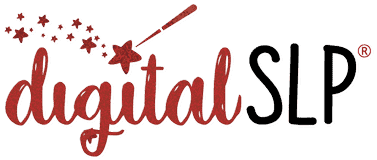
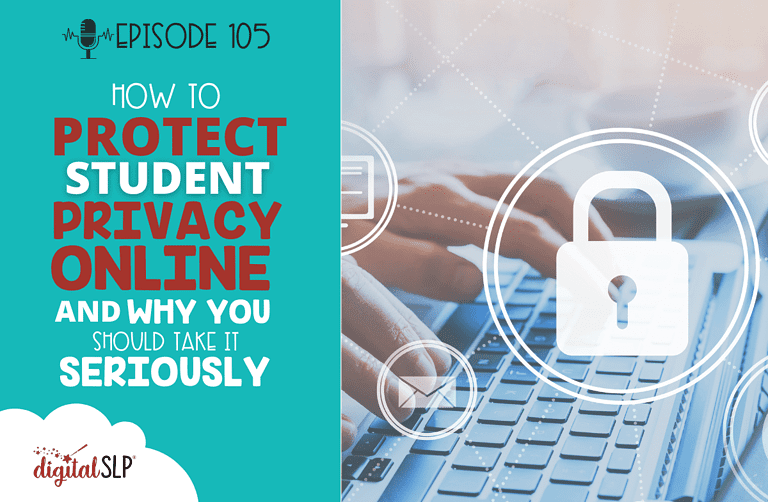
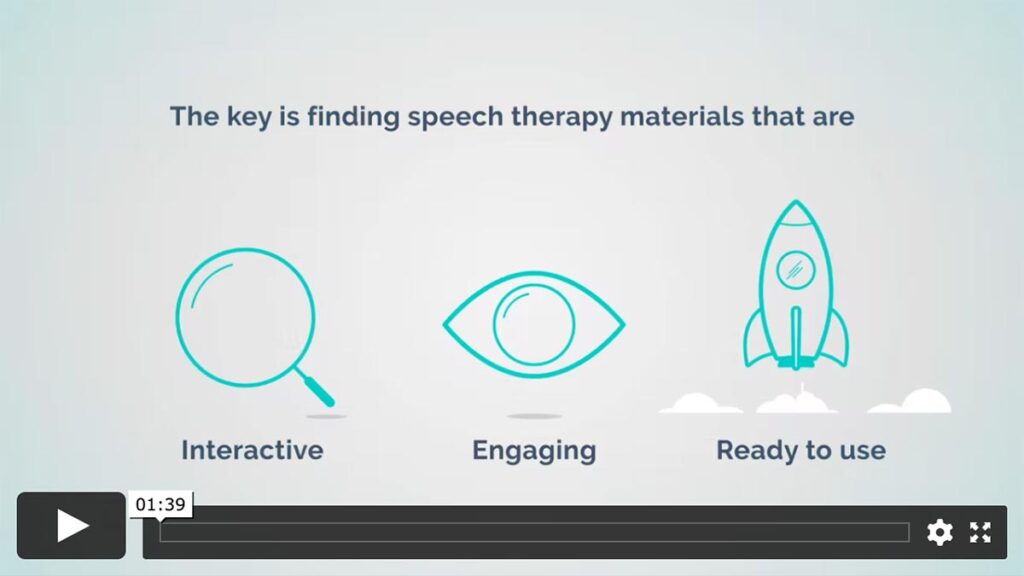
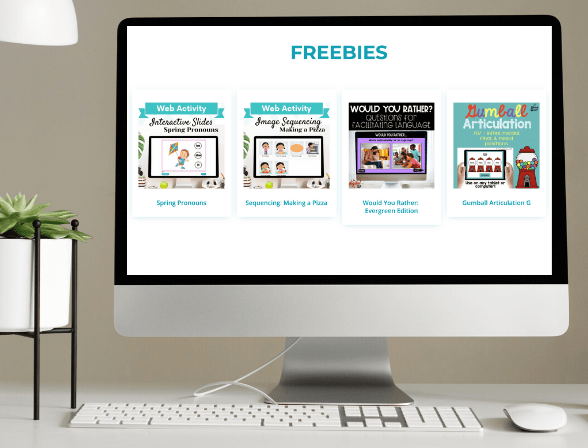
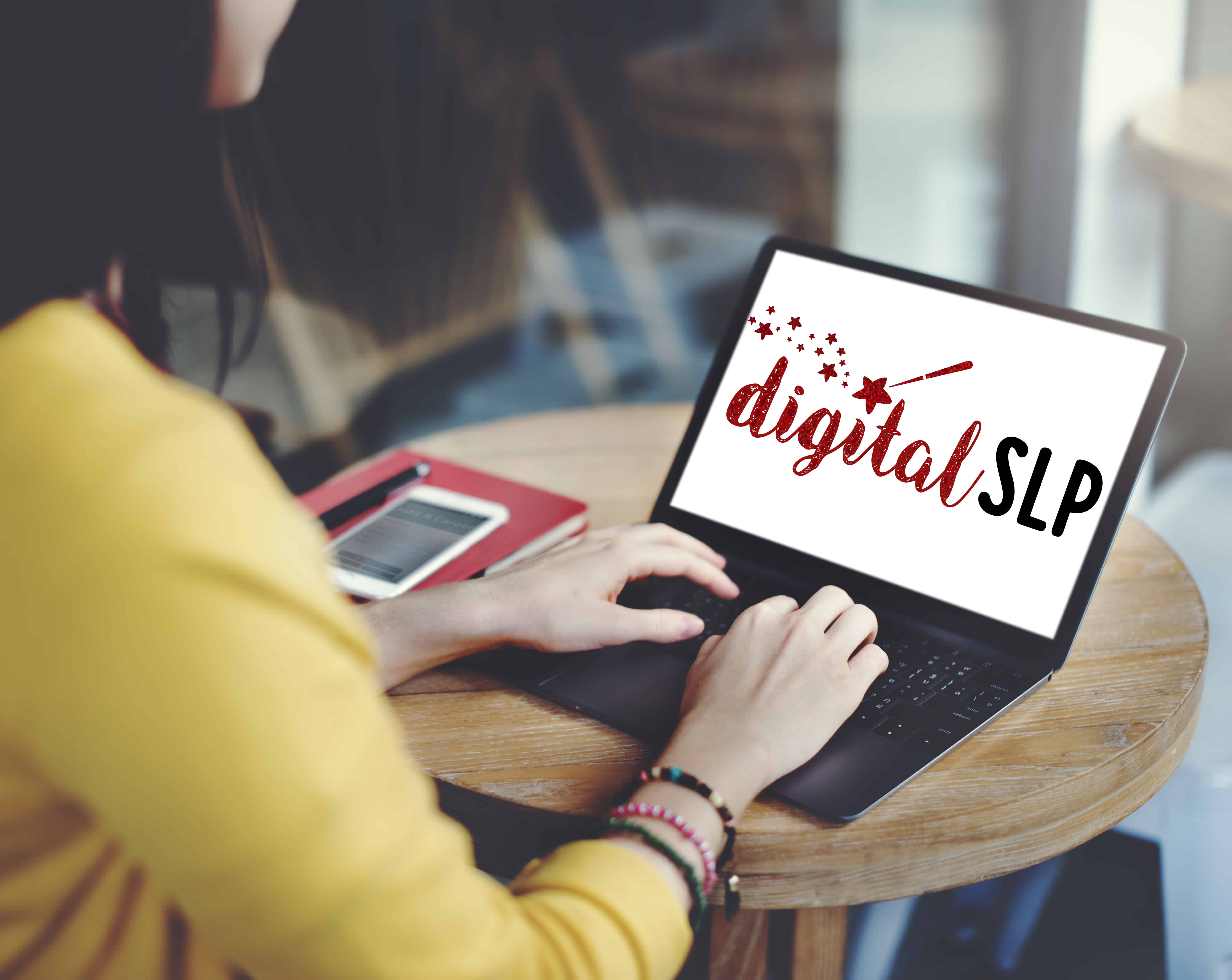
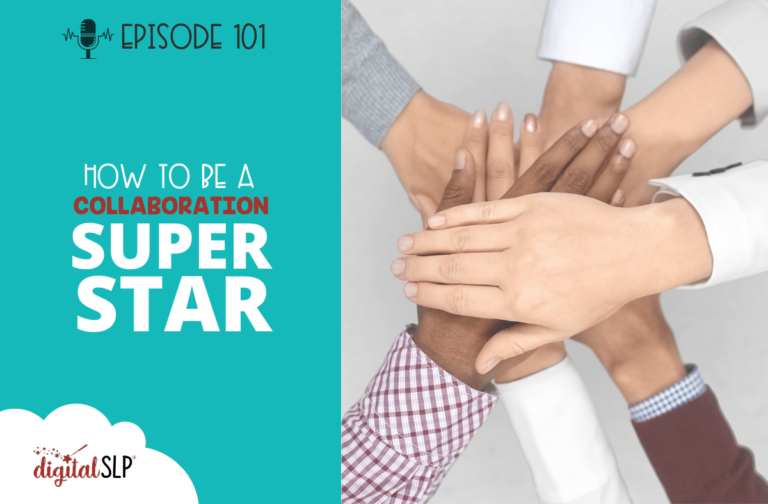
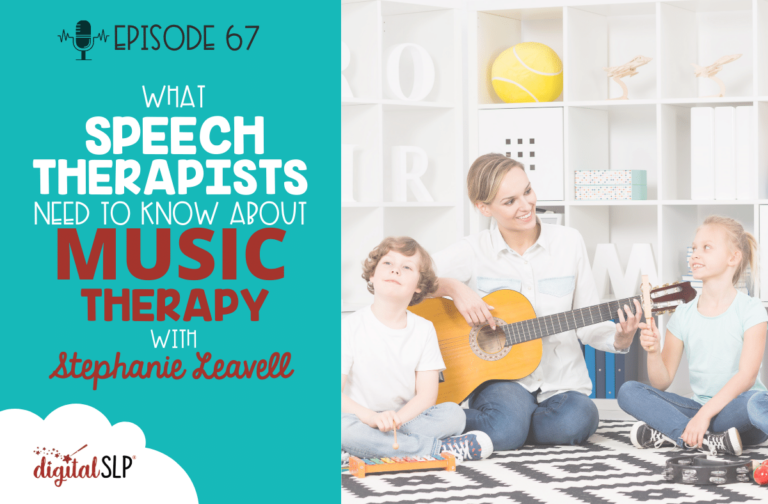
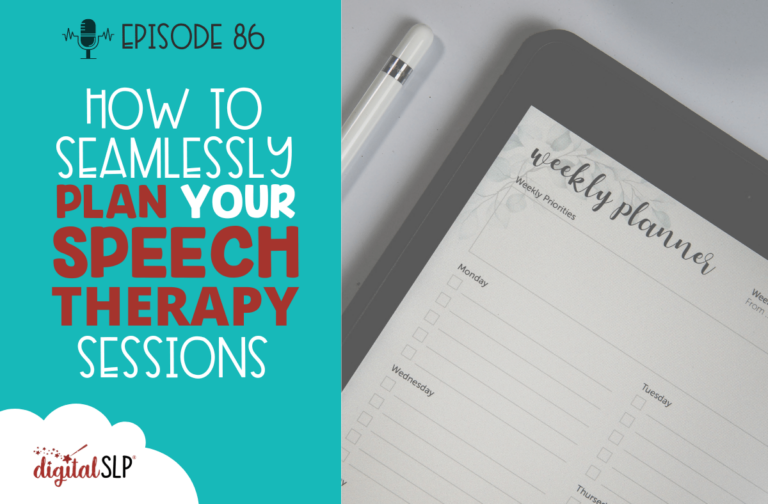
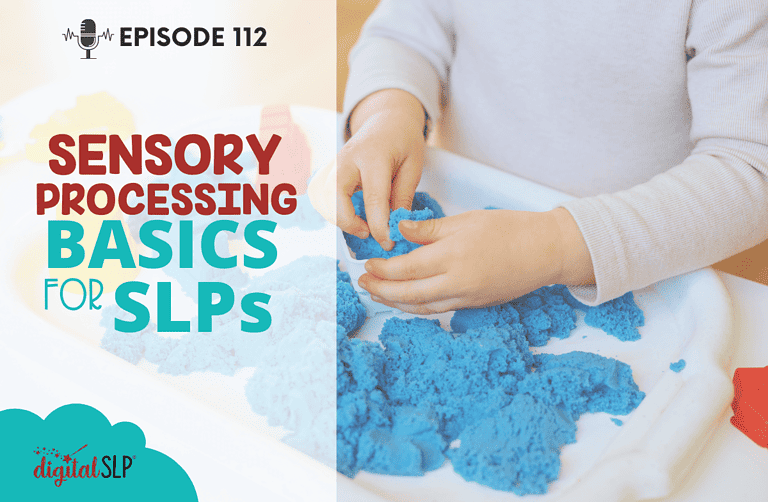
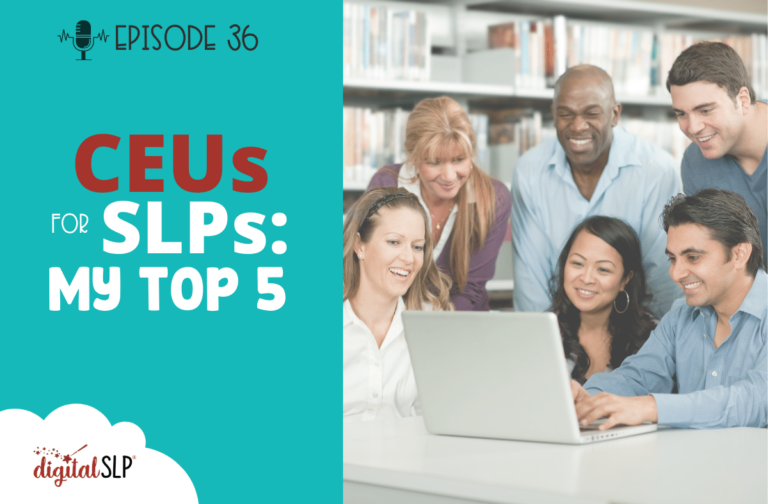
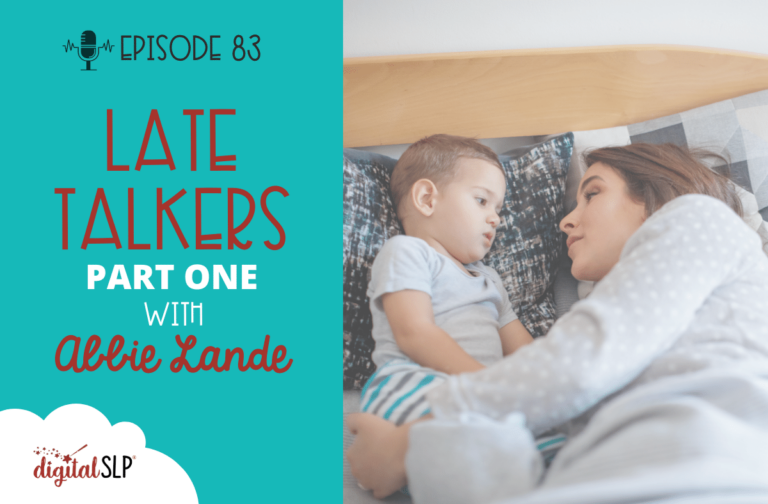

Recent Comments